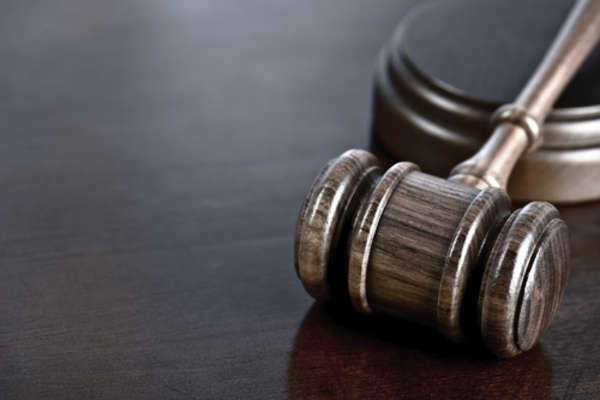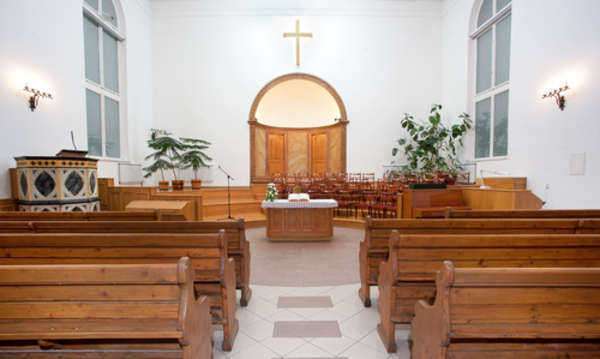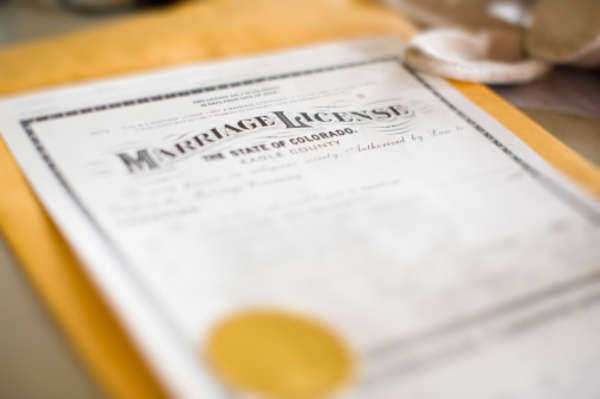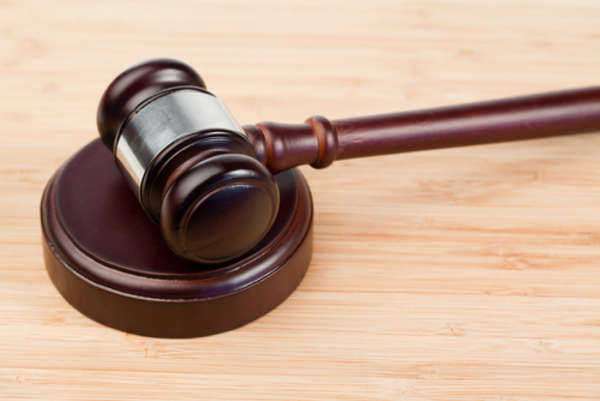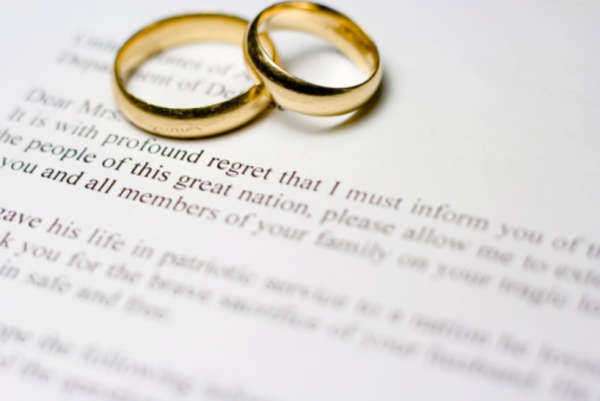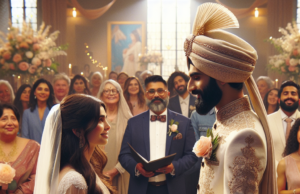Gay Marriage Laws in Montana
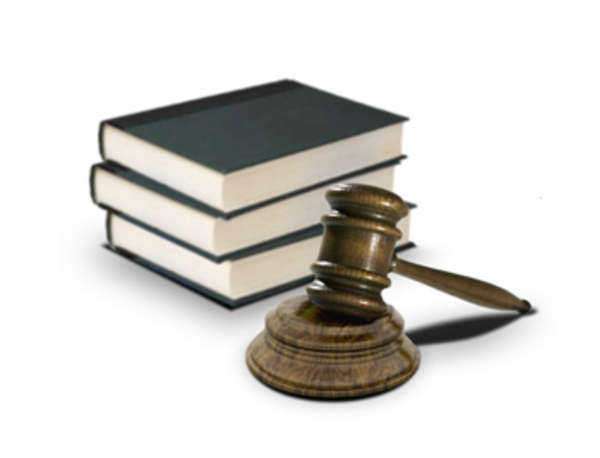
In Montana, marriage for same-sex partnerships was officially banned in a constitutional amendment on November 2, 2004. Montana was joined by ten other predominantly conservative Midwestern states that day, and any hopes that the Montana gay community had for same-sex Montana marriage rights quickly came to a standstill when the bill was passed, as predicted, by a 67% majority vote.
Known as Initiative 96, the change to the Montana Constitution includes the addition of a formal definition of a legal Montana marriage, one which states that "only a marriage between one man and one woman shall be valid or recognized as a marriage in this state." This can be found in Article XIII, Section 7 of the state's constitution.
The decision for the ban came just a few months after the state of Massachusetts made history by being the first in the nation to allow gay, lesbian, and transgender couples to legally marry and receive marital rights. Although Montana already had a strong anti-gay marriage outlook and never recognized same-sex marriages or civil unions to begin with, conservatives wanted Montana marriage to be defined as a strictly heterosexual institution in their constitution. The amendment, however, does not necessarily ban civil unions, or, any other legal protections, for that matter.
And so, in 2009, a domestic partnership bill was proposed that aimed to take certain measures to protect against discrimination based on a person's sexual orientation or gender identity. If passed, the bill would have included basic rights such as hospital visitation and joint property ownership. However, all bills were shot down when they were brought to the state legislature. And so, for now, Montana marriage for same-sex couples is seems to be out of the question, rights for those in same-sex partnerships remain extremely limited.
Despite the hardships that the Montana gay community is forced to face at the present time, there are at least some rights given to the homosexual residents of the state by allowing Montana gay singles to adopt a child within its borders. Adoption by Montana gay couples, however, is still not permitted. If you need legal advice and assistance, contact Montana lawyers.



